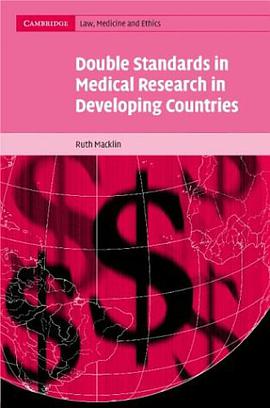

具体描述
Originally articulated in Article II of the Constitution, presidential powers are dictated today by judicial as well as historical precedent. To better understand the ways the president wields power as well as how this power is kept in check by other branches of government, Harold J. Krent presents three overlapping determinants of the president's role under the Constitution - the need for presidential initiative in administering the law and providing foreign policy leadership, the importance of maintaining congressional control over policymaking, and the imperative to ensure that the president be accountable to the public. Krent's examination is sweeping, ranging from the president's ability to appoint and remove executive branch officials, to the president's role in proposing and implementing treaties and the power to conduct war, to the extent the president can refuse to turn over information in response to congressional and judicial requests. Finally, Krent addresses the history and purposes of presidential pardons. By drawing on historic and contemporary presidential actions to illustrate his points, Krent reminds us that the president is both an exalted leader with the regalia of power and an American who is and should be accountable to fellow citizens - important considerations as we elect and assess our presidents.
作者简介
目录信息
读后感
评分
评分
评分
评分
用户评价
相关图书
本站所有内容均为互联网搜索引擎提供的公开搜索信息,本站不存储任何数据与内容,任何内容与数据均与本站无关,如有需要请联系相关搜索引擎包括但不限于百度,google,bing,sogou 等
© 2026 book.wenda123.org All Rights Reserved. 图书目录大全 版权所有




















